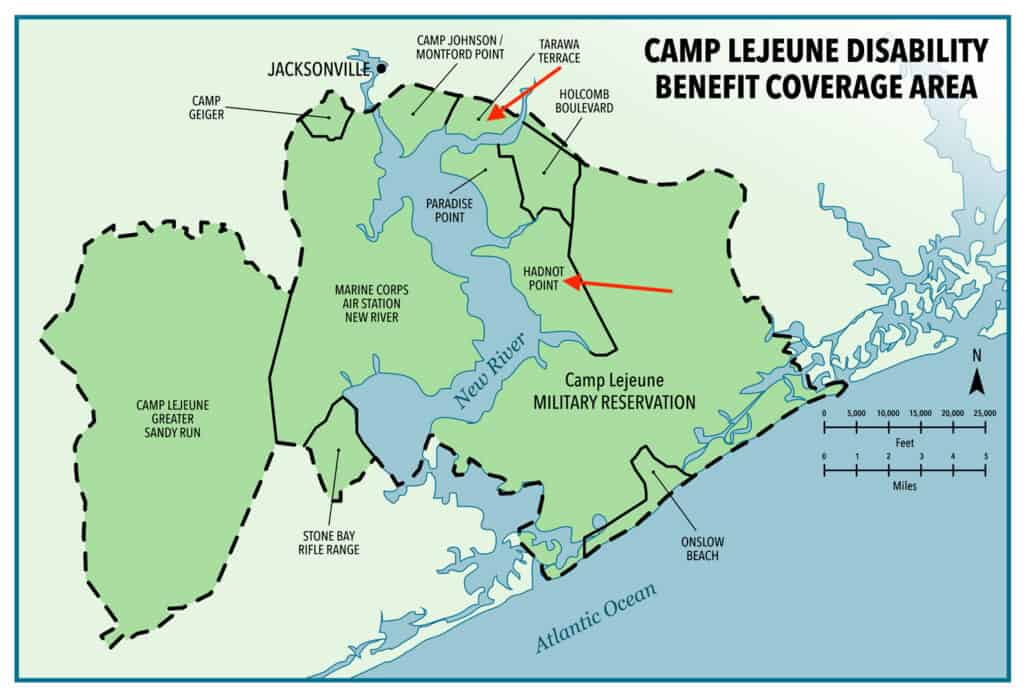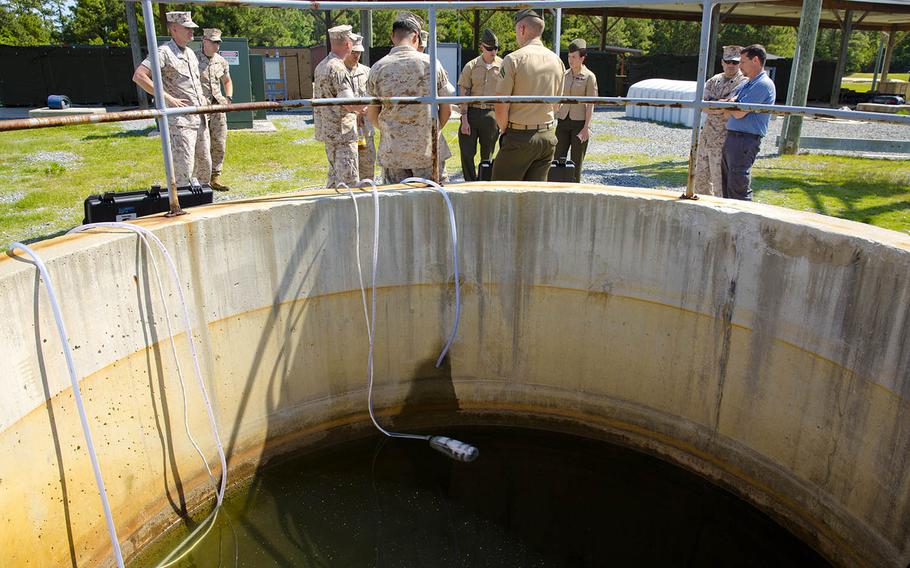A new study has uncovered new details about the health impacts of contaminated water at Camp Lejeune, a Marine Corps base in North Carolina. This in-depth research, considered one of the largest of its kind in the United States, has found a link between the base’s polluted drinking water and an increased risk of various cancers. The study is being submitted for publication, according to agency officials.
In conducting the study, the CDC employed a comparative approach, analyzing the health outcomes of Marines stationed at Camp Lejeune and comparing them to those at Camp Pendleton, a large Marine Corps training base in Southern California. This method allowed for a clearer understanding of the specific health impacts attributed to the contaminated water at Camp Lejeune by contrasting them with a similar population not exposed to such contamination. This comparative analysis was crucial in identifying the increased cancer risks associated with the water contamination at Camp Lejeune.
From 1975 to 1985, military personnel stationed at Camp Lejeune faced at least a 20% higher risk of several cancers compared to those at other bases. The study identified heightened risks for leukemia, lymphoma, and lung, breast, throat, esophagus, and thyroid cancers. Civilians working at the base were not spared, showing elevated risks for certain cancers as well.
The study, while substantial, cannot conclusively prove that the tainted water caused these cancers, partly due to the historical nature of the exposure and lack of detailed documentation. However, it adds significant weight to the concerns and arguments of those affected by the contamination.
The origins of the contamination trace back to the 1950s and lasted until 1985. Faulty maintenance at a fuel depot, indiscriminate dumping on the base, and an off-base dry cleaner were to blame. Before the wells were closed, the contaminated water reached barracks, family housing, schools, and even the base hospital.
This situation has led to extensive litigation, with affected individuals accusing the Marine Corps of failing to protect their health and criticizing the government for slow investigative responses. The Marine Corps contends that environmental regulations for these chemicals were not established until after the wells were shut down.
Previous studies by the Agency for Toxic Substances and Disease Registry (ATSDR) also identified health risks but were limited in scope. This new study, however, provides a more comprehensive understanding of the health implications for those exposed at Camp Lejeune.



